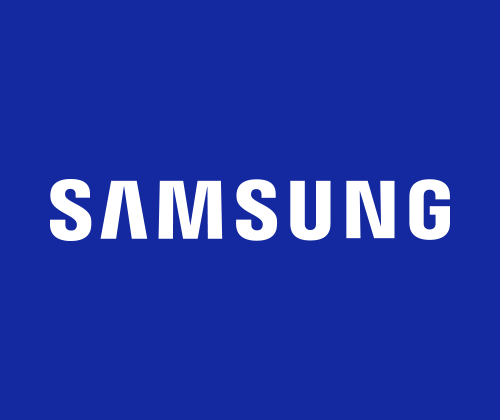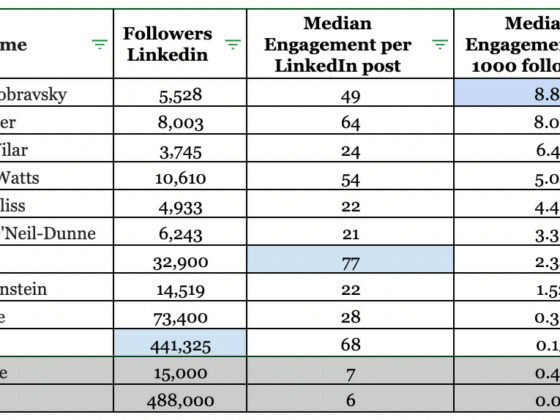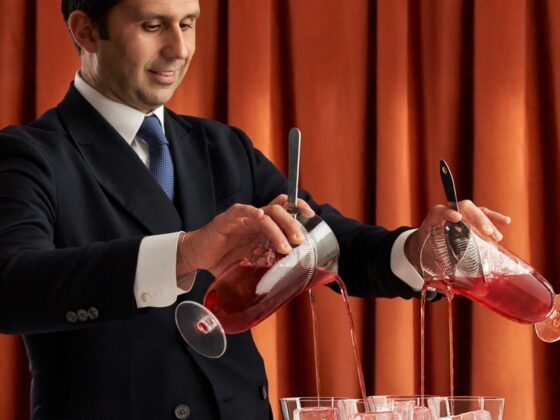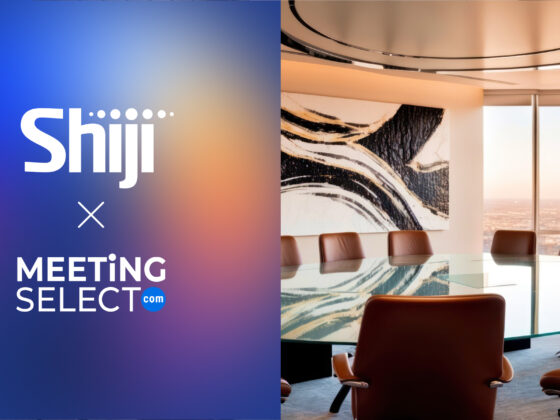BOCA RATON, Fla. – The rise of artificial intelligence agents will introduce a new layer of complexity in how the hospitality industry navigates customer loyalty, according to a conceptual paper, “Artificial Intelligence (AI) Agents and the Future of Customer Loyalty,” from four researchers at Florida Atlantic University.
Before consumer reliance on AI, most hotels used brand awareness, search engine optimization, and other tools to cultivate customer loyalty. As AI agents and autonomous systems increasingly make travel decisions and bookings on behalf of consumers, hotels will need to rethink how they pursue and maintain customer loyalty and the guest experience.
AI agents will be the new gatekeepers of loyalty. The question is no longer just ‘How do we win a customer’s heart?’ but ‘How do we win the trust of the algorithms that are advising them?’ Hotels need to prepare for a future where a guest’s preferred brand may be decided before the guest even opens their phone. Anil Bilgihan, Ph.D., professor of hospitality management in FAU’s College of Business
The paper was published in the International Journal of Contemporary Hospitality Management, with authors Max Ostinelli, Ph.D., assistant professor of marketing; Ye Zhang, Ph.D., associate professor of hospitality and management; Melanie Lorenz, Ph.D., associate professor of marketing; along with Bilgihan.
The shift to AI agents will offload many of the decisions consumers make, instead placing them under the control of autonomous AI agents as they become the primary interface for travel decisions, researchers said. As consumers rely on these agents to search for hotels within their travel preferences, check room availability, pricing trends, review sentiment and make bookings on their behalf, the decision-making process for hotels and travel will come from the algorithm, leading to loyalty to the agent or its ecosystem rather than loyalty to the brand.
Imagine a traveler asking their AI agent to book a hotel in Miami within a certain budget, with a pool and strong reviews
, Bilgihan said. The AI is not swayed by traditional advertising; it sorts options based on algorithmic criteria. If your hotel doesn’t surface in that recommendation set, you may never even be considered. This means hotels must design loyalty programs, digital visibility and service experiences that appeal simultaneously to human guests and the AI systems filtering choices on their behalf.
The paper suggests a framework for hotels and the broader hospitality industry to rethink loyalty strategies as autonomous AI agents become the primary way of engaging and booking travel. While emotional branding still matters for human consumers, marketers must prioritize loyalty programs appealing to both humans and AI systems. Researchers suggest using customer data to tailor experiences while at the hotel, algorithmic visibility, and creating loyalty programs appealing to AI and human users.
Let’s just take Florida, for example. We welcomed over 34 million visitors this summer alone, and that surge, in combination with technological advances, is rewriting the rules of hospitality
, Lorenz said. To keep up this trend and stay visible in the future, loyalty must be emotionally resonant, algorithmically relevant, and strategically designed for both human travelers and autonomous agents. AI agents are no longer behind-the-scenes helpers; they’re becoming the architects of guest experience. Hotels that design experiences for both human guests and digital decision-makers will lead the next wave of personalized, predictive hospitality.
Researchers also warned about potential ethical and privacy concerns in the future, highlighting algorithmic bias as some AI systems may be trained on certain data over others, a lack of understanding on the part of consumers as to how AI agents work and brand visibility challenges.
At the end of the day, technology doesn’t replace the fundamentals,
Bilgihan said. No algorithm can cover up for a disappointing stay. AI might shape how guests discover and book, but the foundation of loyalty will always be exceptional customer experience once they arrive. Hotels that combine operational excellence with digital fluency will be best positioned to thrive.
About Florida Atlantic University
Florida Atlantic University, established in 1961, officially opened its doors in 1964 as the fifth public university in Florida. Today, the University, with an annual economic impact of $6.3 billion, serves more than 30,000 undergraduate and graduate students at sites throughout its six-county service region in southeast Florida. FAU’s world-class teaching and research faculty serves students through 10 colleges: the Dorothy F. Schmidt College of Arts and Letters, the College of Business, the College for Design and Social Inquiry, the College of Education, the College of Engineering and Computer Science, the Graduate College, the Harriet L. Wilkes Honors College, the Charles E. Schmidt College of Medicine, the Christine E. Lynn College of Nursing and the Charles E. Schmidt College of Science. FAU is ranked as a High Research Activity institution by the Carnegie Foundation for the Advancement of Teaching. The University is placing special focus on the rapid development of critical areas that form the basis of its strategic plan: Healthy aging, biotech, coastal and marine issues, neuroscience, regenerative medicine, informatics, lifespan and the environment. These areas provide opportunities for faculty and students to build upon FAU’s existing strengths in research and scholarship. For more information, visit fau.edu.
About FAU Hospitality and Tourism Management Program
The hospitality and tourism management program at FAU is one of only a select handful nationally to be housed in an accredited college of business administration. The college of business is accredited by the Association to Advance Collegiate Schools of Business (AACSB). Both the undergraduate BBA and graduate MBA programs in hospitality and tourism management combine 21st century core business coursework along with a hospitality-specific curriculum dedicated to the needs of today’s workforce. The program is among the 30 Best Hospitality Programs in the United States (https://thebestschools.org/rankings/best-hospitality-degree-programs/).
Amber Bonefont
Media Relations Director, College of Business, Division of Public Affairs, Florida Atlantic University
Florida Atlantic University (FAU)









